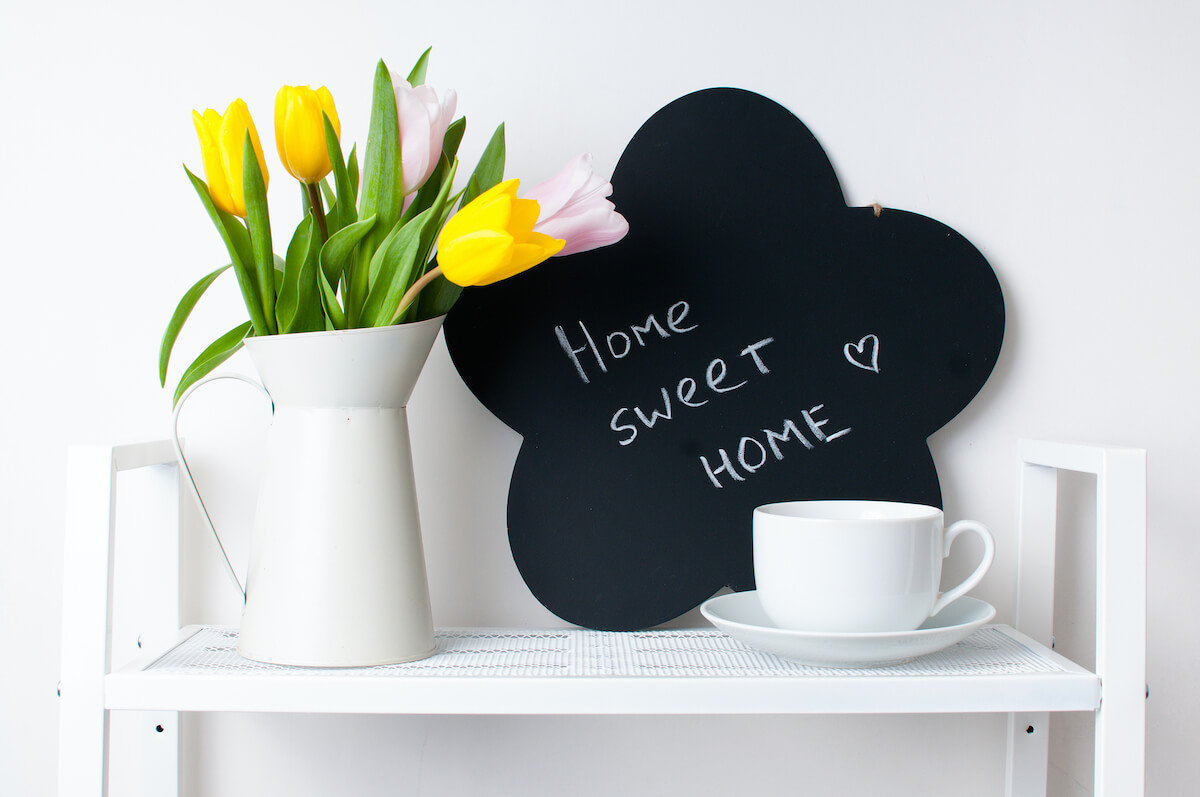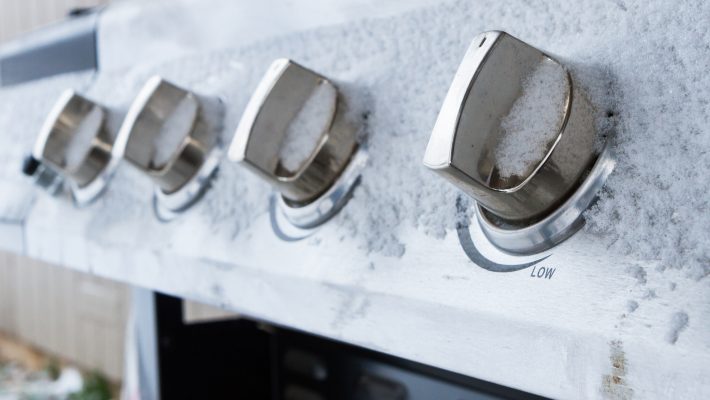It’s an inescapable fact that there’s a lot of stress going around right now — and most people are feeling the pressure more than usual.
Thanks to the pandemic, you’re likely either braving the world every day as an essential person or struggling to create a work-life balance while simultaneously turning your back bedroom or kitchen table into a makeshift office. If you have kids underfoot who are restless and at loose ends because they’re trying to manage school from home, that’s an additional helping of daily disorder.
What can you do about it? Everything. It’s time for some radical self-care. Your home has always been your oasis amid chaos, and that shouldn’t change because of the viral outbreak. Here are some ways to keep your home a stress-free environment that will help you remain tranquil during this storm.
Turn Off the News and Quit the Electronics
During a time of crisis, it’s natural to want to stay informed — but you can do that without having the television tuned to the news channel and your thumb constantly scrolling through Facebook or Twitter.
The constant litany of disturbing news from around the world can be emotionally unsettling, especially when you’re worried about protecting your family. The news also serves as a distraction and a drain on your emotional resources when you need them the most. Give yourself and your family a gift and limit your news and social media consumption to two brief periods each day — one in the morning and one in the evening. That’s enough to keep you informed without being overwhelmed.
Declutter as Much as You Can
Cleaning up the clutter in your home can help you regain (or gain) a sense of control over your life. It can also make your home more functional and easier to clean, which is always a bonus — especially if you’re trying to keep germs to a minimum.
There are dozens of different ways to tackle clutter, but a lot of experts recommend the four-box method if you’re ready to make some serious progress. Grab a marker and label the bins the following way:
- Put-Away: This is where you (momentarily) tuck anything useful or important that seems to have escaped its proper place. The box simply makes it easier to walk those items around the house and put them away all at once.
- Donate or Sell: If you’re like most people, there are plenty of things in your house that no longer have a use or that you no longer find attractive. If something is still in decent shape and could be useful to someone else or adored by another, however, there’s no reason to keep it locked in your home. Donate anything that’s not worth the effort it takes to sell and put the rest on eBay when you have time.
- Store: Seasonal items and decor can be cleared out of your living space and tucked neatly away in this box. Just avoid putting anything in there that you use more than once a year since those items should have their own proper resting place somewhere else.
- Pitch: Anything that is too worn to be useful or has been sitting around for months with the idea that you might get around to fixing it someday should go in this box and then go to the curb.
The key is not to overthink your decisions and to aim for an environment that is casual but largely devoid of excess. It’s better to have a few things in sight that bring you joy than a pile of items that all lose their distinctiveness.
Make Positive Changes to Your Environment
Turning off the news and hiding your phone from yourself can create a vacuum that feels uncomfortable and unfamiliar. You need to fill it with something more positive.
Some of the top things you can do to enhance the environment of your home include:
- Put on some music. Music has a remarkable effect on human emotions and research indicates that the right music can change your brainwaves for the better. According to scientists, nature sounds, Native American music, Celtic tunes, drums and flutes all resonate deep within the human psyche — but you can really pick any type of music that works for you. Upbeat tempos can help you feel optimistic, while slower tempos can help you relax.
- Use aromatherapy. Scents are emotional triggers because we often connect specific scents with different events in our lives. This is a great time to break out whatever aromatherapy products you have on hand and experiment. Lavender, sweet orange and frankincense are some of the most popular scents for relaxation — but Nag Champa can also mentally take you back to the heady days of your youth or your favorite meditative retreat.
- Change the lights. Lighting can affect your sleep, your ability to think clearly and your mood in dramatic ways. Those bright lights over your dining room table might be perfect for mealtimes, but too harsh to allow you to relax and get into the flow of your work. The poor lighting in your back bedroom, however, can make you sleepy and unproductive. Consider buying some bulbs that are designed to mimic natural light, opening the drapes more to take advantage of the spring sun and investing in a few lamps that will allow you to adjust your lighting up or down as needed.
These may all sound like relatively small changes — and they are — but they can have a powerful effect on your sense of inner peace because they give you one small slice of the world that’s calm, ordered and in your control.




